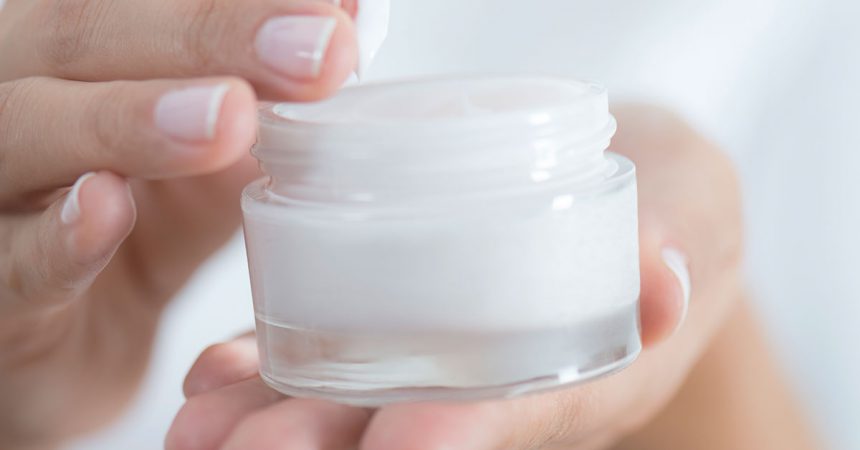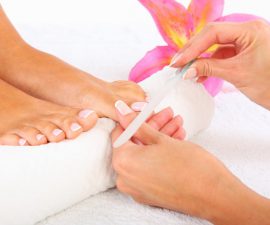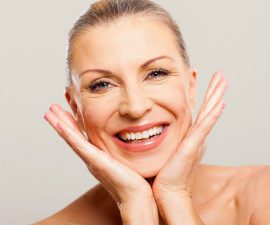Post-sun spots, post-acne discolourations, extensive dark spots, moles. These imperfections can effectively spoil our mood, especially when it is impossible to cover them up with makeup or effectively remove them. However, there is a way that can help you fight those dark imperfections. I am talking about acids. How do they work and when to use them?
How do discolourations develop?
Discolouration arises when the process of melanin secretion is disturbed. When the accumulation of this pigment is greater than in one place on the skin than in the other, then a darker spot is formed. Amazingly, it is a natural process associated with protection from solar radiation. Factors that affect the development of hyperpigmentation are: UV radiation, high estrogen levels, the use of photosensitizing drugs, thyroid or liver disorders.
What are the types of discolourations?
Skin discolourations can be divided into two groups: primary hyperpigmentation and secondary hyperpigmentation. The first group includes genetic, hormonal and drug discolouration, while the second group includes:
- mechanical discolouration due to injuries,
- thermal discolouration resulting from burns,
- chemical discolourations caused by skin contact with a chemical or toxic substance,
- post-sun discolourations that appear after too long exposure to UV radiation,
- inflammation resulting from various skin diseases.
How to combat skin pigmentations?
The secret of fighting hyperpigmentation is to use a proper product that will remove the pigment from the skin and at the same time, prevent the accumulation of melanin. It must have exfoliating effects and properties responsible for accelerating skin regeneration. The best formulations with this effects are acids. The cosmetics used in the beauty salon usually have high concentrations and penetrate the skin from a few seconds to several minutes, and the effects of some may last up to several days. The following acids can be used to combat discolouration:
- lactic acid – moisturizes the skin, smooths wrinkles, reduces acne scars, regulates sebaceous glands, soothes acne lesions and lightens discolourations;
- azelaic acid – has antibacterial and anti-inflammatory properties, removes blackheads, inhibits the formation of melanin, is ideal for sensitive skin and can be used in the summer;
- ascorbic acid – retains water in the skin, smoothes, softens and brightens the skin, inhibits discolouration, has an antioxidant effect;
- TCA (Trichloroacetic acid) – removes blemishes and scars, reduces acne, it’s the strongest among all acids used in cosmetics;
- lactobionic acid – exfoliates the skin, accelerates wound healing, regenerates the skin and prevents the formation of discolourations.




Leave a Reply